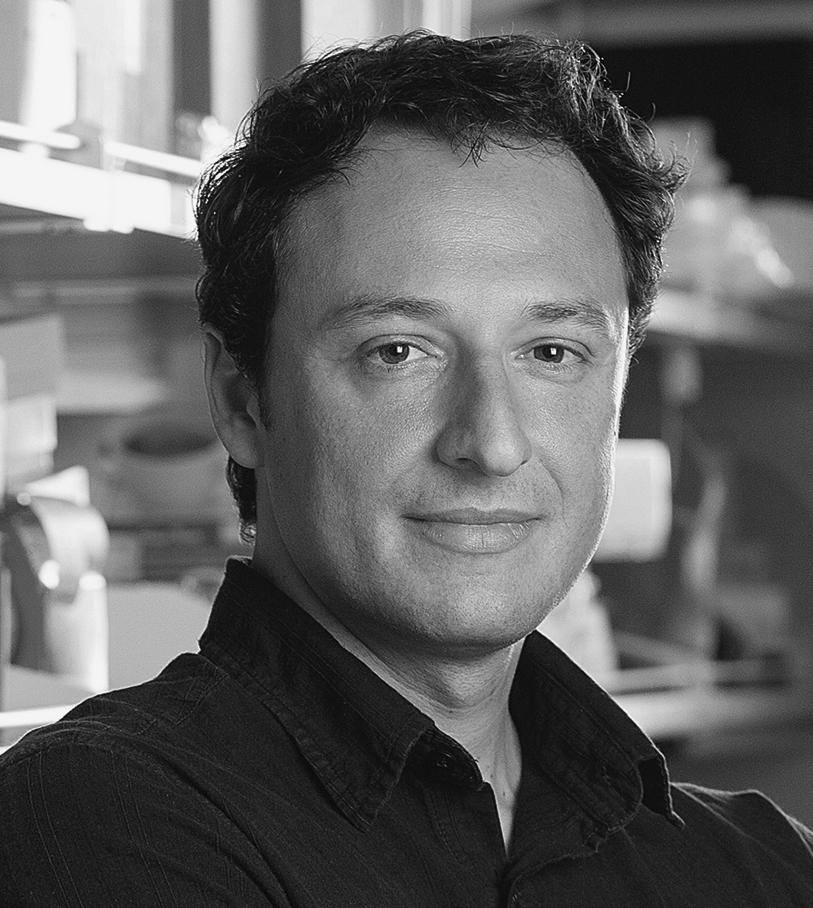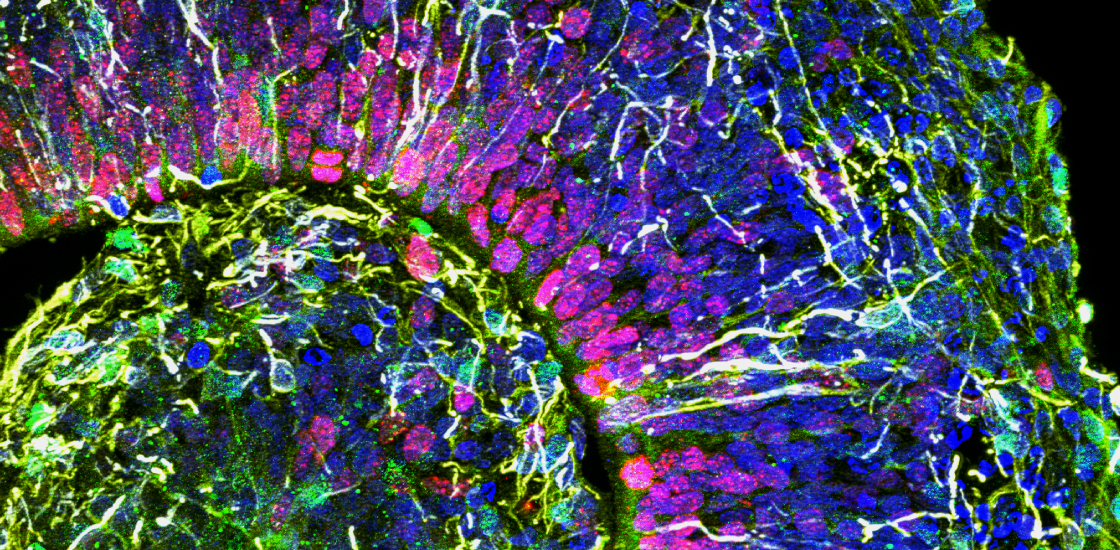Alysson Muotri is professor of pediatrics and of cellular and molecular medicine at the University of California, San Diego. He also co-directs the Stem Cell Program at the university’s Moores Cancer Center.

Alysson Muotri
Associate professor
University of California, San Diego
From this contributor
With tweaks, brains in a dish may yield clear clues to autism
‘Mini-brains’ created in a dish may reveal autism’s roots and point to treatments, but they do not yet mirror some critical features of a human brain.

With tweaks, brains in a dish may yield clear clues to autism
Questions for Alysson Muotri: Applying autism tools to Zika
Mini-brains grown from stem cells in culture can reveal the effects of both autism and the Zika virus on early development.

Questions for Alysson Muotri: Applying autism tools to Zika
Explore more from The Transmitter
Two neurobiologists win 2026 Brain Prize for discovering mechanics of touch
Research by Patrik Ernfors and David Ginty has delineated the diverse cell types of the somatosensory system and revealed how they detect and discriminate among different types of tactile information.

Two neurobiologists win 2026 Brain Prize for discovering mechanics of touch
Research by Patrik Ernfors and David Ginty has delineated the diverse cell types of the somatosensory system and revealed how they detect and discriminate among different types of tactile information.
Shifting neural code powers speech comprehension
Dynamic coding helps explain how the brain processes multiple features of speech—from the smallest units of sounds to full sentences—simultaneously.

Shifting neural code powers speech comprehension
Dynamic coding helps explain how the brain processes multiple features of speech—from the smallest units of sounds to full sentences—simultaneously.
Astrocytes orchestrate oxytocin’s social effects in mice
The cells amplify oxytocin—and may be responsible for sex differences in social behavior, two preprints find.

Astrocytes orchestrate oxytocin’s social effects in mice
The cells amplify oxytocin—and may be responsible for sex differences in social behavior, two preprints find.